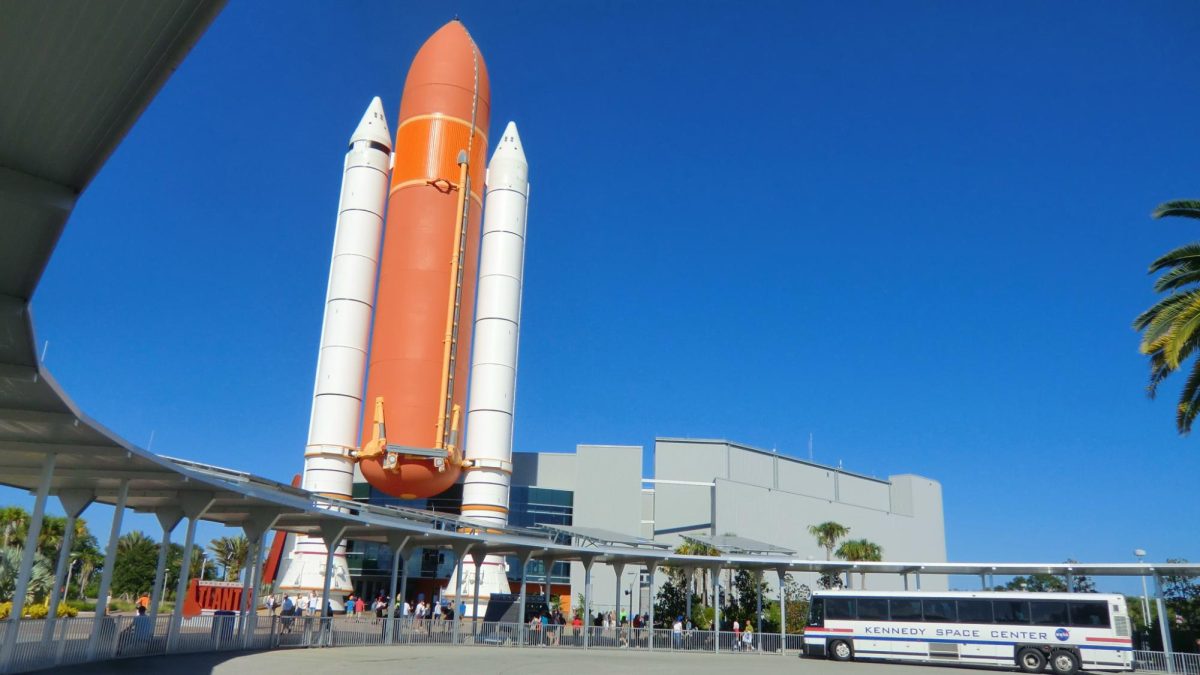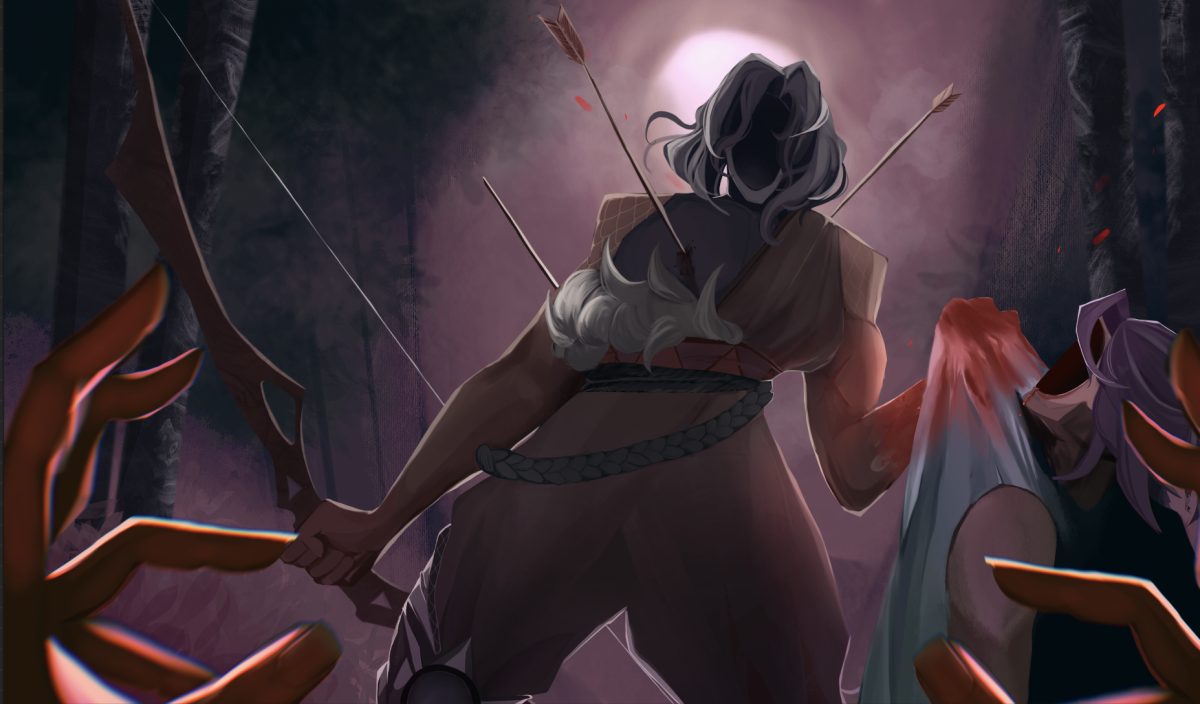The latest edition to the Planet of the Apes franchise, The Kingdom of the Planet of the Apes, extends the story of the rise of the ape’s dominion. This movie shows the details of complex society and also explores the challenges of leadership, the burden of power, and a new world order. Where will the franchise be heading next? Especially since there are five more movies planned after this one, does this movie show a bright future?
Set many generations of the films before, The Kingdom of the Planet of the Apes focuses on the ape’s establishment of their society from the remnants of an old one, an Echo if you will. With new leadership, the apes must navigate through internal and external conflicts with the “convenient” tension between peace and war. The growth of the kingdom will test their mental fortitude and survival.
The franchise has evolved immensely from the somewhat cliche “humanity’s doom” to a substantially complex journey of power and civilization. The biggest difference from the others is the transition from trying to survive, to creating a great-big society. The film perfectly captures the distance of growth and the ongoing growth that is still happening. Caesar (the heroic, clever protagonist from the three previous movies) and his teachings have been shown to be used both for “good” and for “evil”, and as Raka (a Monk of the religion of Caesar) has said, “To survive, remember your strength. Your compassion. Your mercy.”.
The Kingdom of the Planet of the Apes poses important questions about what it means to lead, if that means through fear, compassion, or an equal balance of both! You can see where their inspiration of the film came from, coming from the historic events and developments of our own society. You can assume that inspiration may have come from early Mesopotamia, mimicking the wars they had over land and resources (on a smaller scale), especially through the reasons for those conquests, which were for power. I noticed a lot of this throughout the film by their internal conflicts with Proximus Ceaser and Noa’s tribe. Proximus’s Kingdom could be almost a direct parallel to Mesopotamia!
And right there is where it is the most astonishing to me when I was reviewing, which was that their external and internal conflicts were not so different. If you were at the perspective of the Eagle Tribe that Noa is a part of, Proximus’s empire is a vast threat that tears apart his tribe through force and violence. And when Noa arrives to the empire, it seems that all of the different tribes have different levels of values, the Eagle Tribe being considered lower and facing constant threat from their tyrannical leader, Proximus. Showing the constant conflict between different tribes under Proximus’s leadership, battling for that very role. Noa was considered as an enemy in the eyes of Proximus and his followers, due to his cleverness and natural leadership deposition, leading to a lot of tension and battles breaking out. This, from the action fan that I am, makes it the most interesting to the viewers. It’s also something to credit the film for as well, since in comparison, action is typically put in a film for no reason, unlike the Kingdom of the Planet of the Apes as foretold, which had reason and passion for those conflicts like Proximus’s Milita pursue for an Echo that was hiding in Noa’s very tribe.
My favorite character of the movie has to be Noa, who is the main protagonist of the film. I know it seems like an easy choice to pick the “most developed” character, but that’s not true! Although he falls in what I’m talking about (society and power), he is one of many very nuanced characters. He is oddly similar physically and personality wise to Caesar in the previous movies. Really depicting the rebellious leader of a small rebellion against the larger, controlling, leaderships of the Echos (humans) of the past and Proximus Ceaser, the ambitious dictator.
And unlike what the predecessors of The Kingdom of the Planet of the Apes have shown, there are spikes of deep, philosophical questions from keeping the Eagle populations steady to if Noa should trust the very Echo that many elders have told him not to trust. It almost honors the previous films in a way by expanding the narrative in meaningful ways and giving the infinite possible opportunities for this franchise to grow and giving new ways of thinking relating to early civilization and possibly even modern problems as well. As I mentioned before, the next five movies planned could dive into anything and will be at top notch quality as is the passion that the creators of the franchise have for the films.
With their 58.5 million dollar opening weekend, 80% on Rotten Tomatoes, along with this personal review of mine, I really believe that people who are interested in either science, depth, action, or simply the pretty visuals, would be perfect for you! If you aren’t into movies like this, I still encourage you to rent it or watch it with a friend who is simply open to try it out!
The last and final question that needs answering is: Will you be the next to give it a go?



























